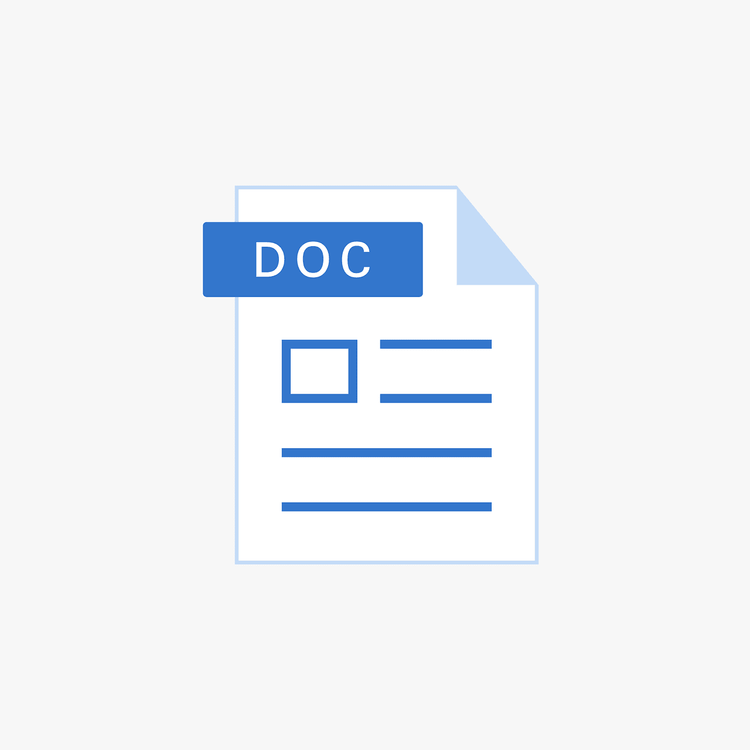Google Cloud to Address Legal Risks for Clients Using Generative AI
Most people like

Unlock your musical creativity with our innovative platform that allows you to generate one-of-a-kind songs using AI technology—absolutely free! Whether you’re an aspiring musician or just looking to explore the art of songwriting, our tool offers an easy and fun way to create personalized music tailored to your style. Start your musical journey today and discover the endless possibilities of AI-driven songwriting!

Unlock your creativity with our free AI tool designed for artwork creation. Effortlessly generate stunning visuals and express your artistic vision. Whether you're an aspiring artist or a seasoned creator, our intuitive platform empowers you to bring your ideas to life using advanced AI technology. Dive into the world of digital art and explore limitless possibilities today!

Unlock your learning potential with our AI-powered study app that features interactive flashcards, comprehensive study guides, and effective practice tests. Enhance your study sessions and boost your retention with tailored tools designed for success.
Find AI tools in YBX




